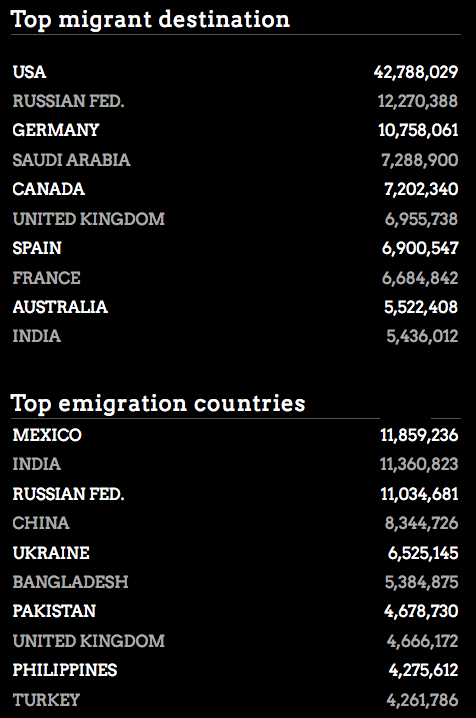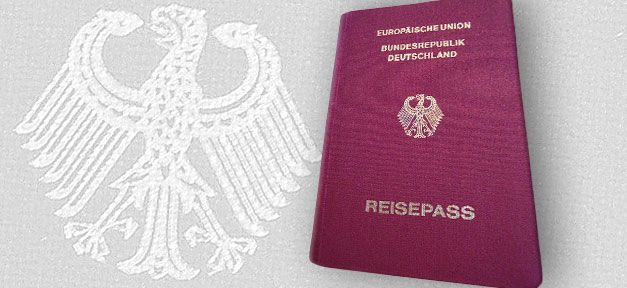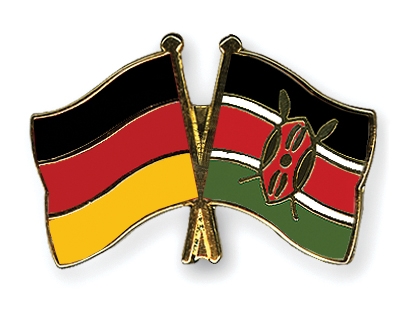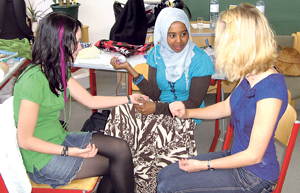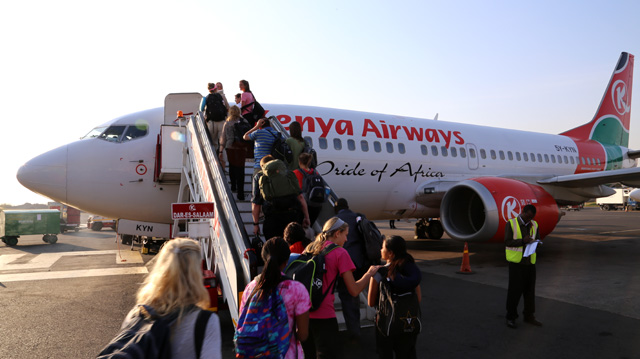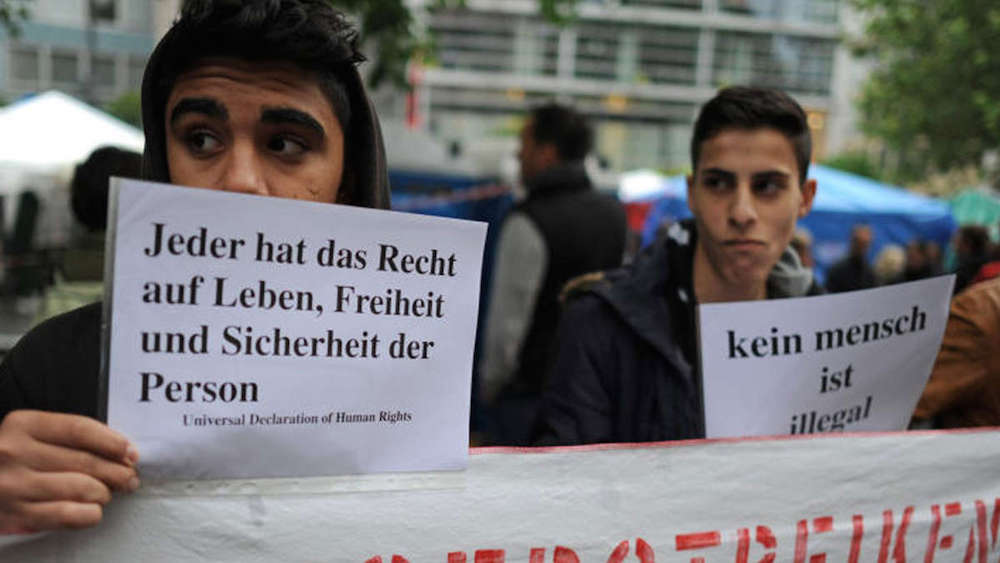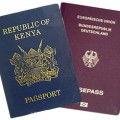“Duldung” – a noun that comes from the word “Dulden” meaning endure or tolerate. A duldung, is a visa given to people the German immigration officials “tolerate” before they can deport them. I find the use of the word soooo wrong, especially when someone who holds a Duldung will be told “Du bist geduldet” (You are tolerated). I find it so inhuman, but that’s not the reason for this article. I came across this discussion online and thought I’d share it here:
Hello, my girlfriend is from Kenya, and we have been together for more than a year, and we want to get married. The problem is that her asylum application was rejected, and she now holds a Duldung which will expire soon. We have applied to get married at the registry office, but we now have to wait for the verification from Kenya. Problem is, the Duldung might expire before we get a binding date. What can we do to justify an extension of the Duludung so that my girlfriend doesn’t have to leave the country?
The migration office (Ausländerbehörde) have some time to extended the Duldung, they may use this time to extend it, but they don’t have to.
If you want to extend the Duldung, you have to apply for it by writing a letter but the the letter has to be sent before the Duldung expires.
According to the German residence law, a Duldung doesn’t represent a residence permit. It only “suspends deportation for a given length of time due to issues that prevent deportation at the given time”. Even if the Duldung is extended, as soon as the issue preventing deportation no longer exists, the person may be deported.
Whether or not she can remain in Germany until the wedding depends on the reason why she can’t return to Kenya in the first place e.g. she has a sickness that can’t be treated in Kenya, she can’t travel, her life is in danger if she returns, her passport is missing, she’s waiting for her passport to be issued.
If her life is in danger by returning to Kenya, then she may be allowed to remain here as the documents are being verified. But if the reason is self-inflicted e.g. a lost passport, lack of participation in the procurement of a new passport, giving false personal information e.t.c and the passport miraculously appears at the registry as the documents for the wedding are being verified, then her deportation will happen faster than she expects.
If the wedding actually happens in Germany, then she can continue living in Germany (if her life is at danger by returning to Kenya or for health reasons) but for any other reason, she will have to go back to Kenya to apply for the Family Reunion visa (Visum zur Familienzusammenführung zu beantragen (§ 5 (2) AufenthG)).
But if she is deported, then she will not be allowed to return to Germany. Trying to bring her back to Germany could be very costly and a real struggle.
Therefore, maybe she should think twice if she really wants to risk being deported or if she’d prefer to return to Kenya and apply for a marriage visa from there.



